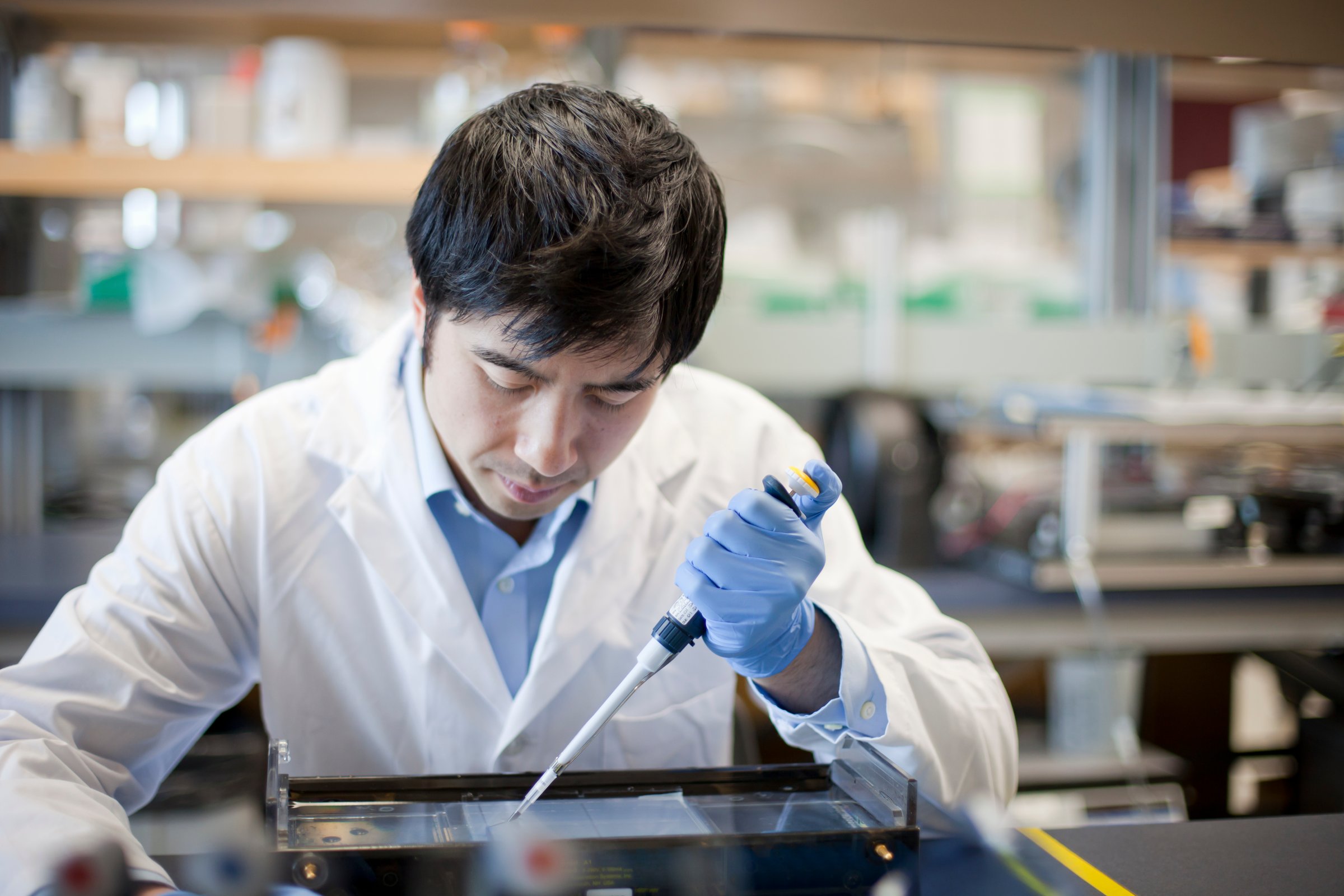
French police are demanding DNA samples from 527 male students and staff members in its search for the perpetrator of a high school rape case. The teenage victim says that she can’t identify her assailant since he attacked her from behind in a dark bathroom at the school on Sept. 30. After running out of leads — the police tested DNA recovered from the girl’s clothes but found no match in the country’s database — authorities have decided to simply take DNA samples from every male who was on the closed campus at the time of the alleged rape. The testing began Monday.
Authorities have warned students and staff that if anyone opted not to give a DNA sample he would be considered a suspect and taken into custody.”It’s clearly a situation where people do not have a choice,” Catherine Bourgain, a genetic researcher and author of DNA, Superstar or Supercop, told the Associated Press. ”Once you have a DNA file it’s very difficult to get that information erased.” So far, nobody has refused to give over a sample, prosecutor Isabelle Paganelle told the Associated Press.
“The choice is simple for me,” Paganelle said. “Either I file it away and wait for a match in what could be several years, or I go looking for the match myself.” Authorities promised to trash the samples of the children under investigation once each student was eliminated as a suspect.
The head of the school agreed that asking for DNA samples from every man at the school was the right decision. “This happened during the school day in a confined space,” Chantal Devaux, the private Roman Catholic school’s director, told French media. “The decision to take such a large sample was made because it was the only way to advance the investigation.”
Though the mass DNA sampling may seem like the logical conclusion for the French police, it’s unlikely that U.S. authorities would take similar steps to catch a rapist. The cost alone — a reported $6,900 — would likely be a deterrent.
But the more pressing issue is one of privacy. The Fourth Amendment to the United States Constitution prohibits unreasonable search and seizure without a warrant backed by probable cause. This includes seizure of DNA. The American Civil Liberties Union called it a “serious blow to genetic privacy” when the Supreme Court ruled 5-4 in June of 2013 that police may take DNA samples from people after they are arrested in connection with a serious crime: “The ruling allows the police to seize the DNA of innocent Americans who have never been convicted of any sort of crime, without a search warrant.” Imagine what the ACLU would have to say about police taking DNA samples before they obtained a warrant.
American authorities would have a hard time arguing that 500 people attending school would constitute probable cause for search and seizure of the students’ DNA. And it would certainly cause an uproar if police in the U.S. were able to take someone into custody for refusing to voluntarily provide a DNA sample. Though the technology is relatively new, the principle is as old as the Fourth Amendment itself.
So we probably won’t be seeing such tactics employed by American police any time soon. But there are also larger questions about an emerging concern for “rape culture” at play. My colleague Charlotte Alter argued last week that rape culture and sexual assault awareness can unfairly place “good guys” under suspicion for acts they would never commit: this incident seems to be the prime example since the police are arguing that every male in the school is a suspect merely because of their location and chromosomal makeup.
Then again, however problematic the tactic may be, it’s heartening to see the French police force take such a proactive stance on identifying a rapist when there is a backlog of 400,000 rape kits still waiting to be tested in the U.S.
More Must-Reads from TIME
- Why Biden Dropped Out
- Ukraine’s Plan to Survive Trump
- The Rise of a New Kind of Parenting Guru
- The Chaos and Commotion of the RNC in Photos
- Why We All Have a Stake in Twisters’ Success
- 8 Eating Habits That Actually Improve Your Sleep
- Welcome to the Noah Lyles Olympics
- Get Our Paris Olympics Newsletter in Your Inbox
Write to Eliana Dockterman at eliana.dockterman@time.com